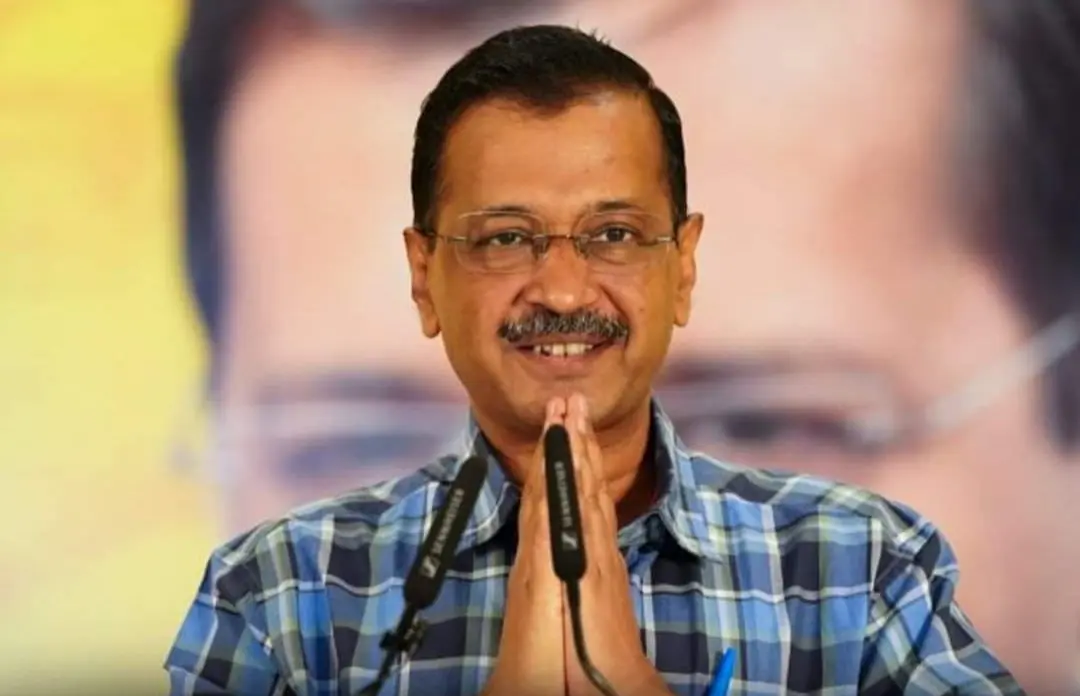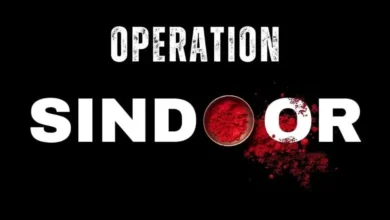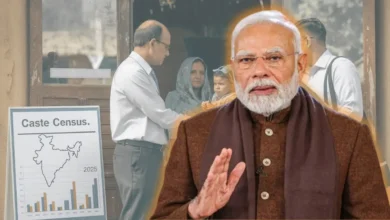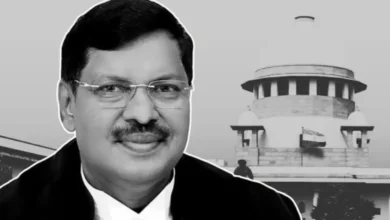Supreme Court Bails Out Kejriwal in Liquor Case, Restricts His Official Duties

Supreme Court Grants Bail to Arvind Kejriwal in Liquor Excise Case with Strict Restrictions
Desk Report, September 13, 2024: The Supreme Court has granted bail to Delhi Chief Minister Arvind Kejriwal in the liquor excise policy case. However, the court placed strict restrictions that limit his ability to govern. Despite his release, Kejriwal is barred from entering the Delhi Secretariat or signing files without the Lieutenant Governor’s consent. This ruling effectively leaves Kejriwal as a chief minister with limited powers, severely affecting his official duties.
The court, led by Justices Ujjal Bhuyan and Surya Kant, deemed his extended imprisonment a violation of his liberty. They noted that a trial would not take place anytime soon, making continued detention unjustified. Even though Kejriwal is now free, the restrictions continue to curtail his authority in governing the capital.
Kejriwal was arrested by the Central Bureau of Investigation (CBI) shortly after securing bail in a related case filed by the Enforcement Directorate (ED). Justice Bhuyan raised concerns about the timing of the CBI’s actions, questioning why they acted only after Kejriwal’s bail in the ED case. Justice Kant, however, found the CBI’s arrest lawful.
Both judges agreed that an immediate trial was unlikely. They reinforced the idea that “bail is the rule, jail is the exception,” a principle reflected in similar cases like those of former Delhi Deputy CM Manish Sisodia and Telangana leader K Kavitha.
The court also criticized the CBI’s urgency in arresting Kejriwal after his release from the ED case, calling the move unjustifiable. Justice Bhuyan emphasized the presumption of innocence, stating that Kejriwal’s prolonged detention under similar charges was “untenable.”
The liquor excise case involves allegations that Kejriwal’s party, Aam Aadmi Party (AAP), received Rs 100 crore in kickbacks from a “South group” led by Telangana leader K Kavitha. The funds allegedly helped finance AAP’s election campaigns, including the 2022 Goa Assembly elections. The policy, implemented in November 2021, was withdrawn just eight months later.
Also read: Chief Minister Reviews Auditorium Construction, Urges Completion on Time




